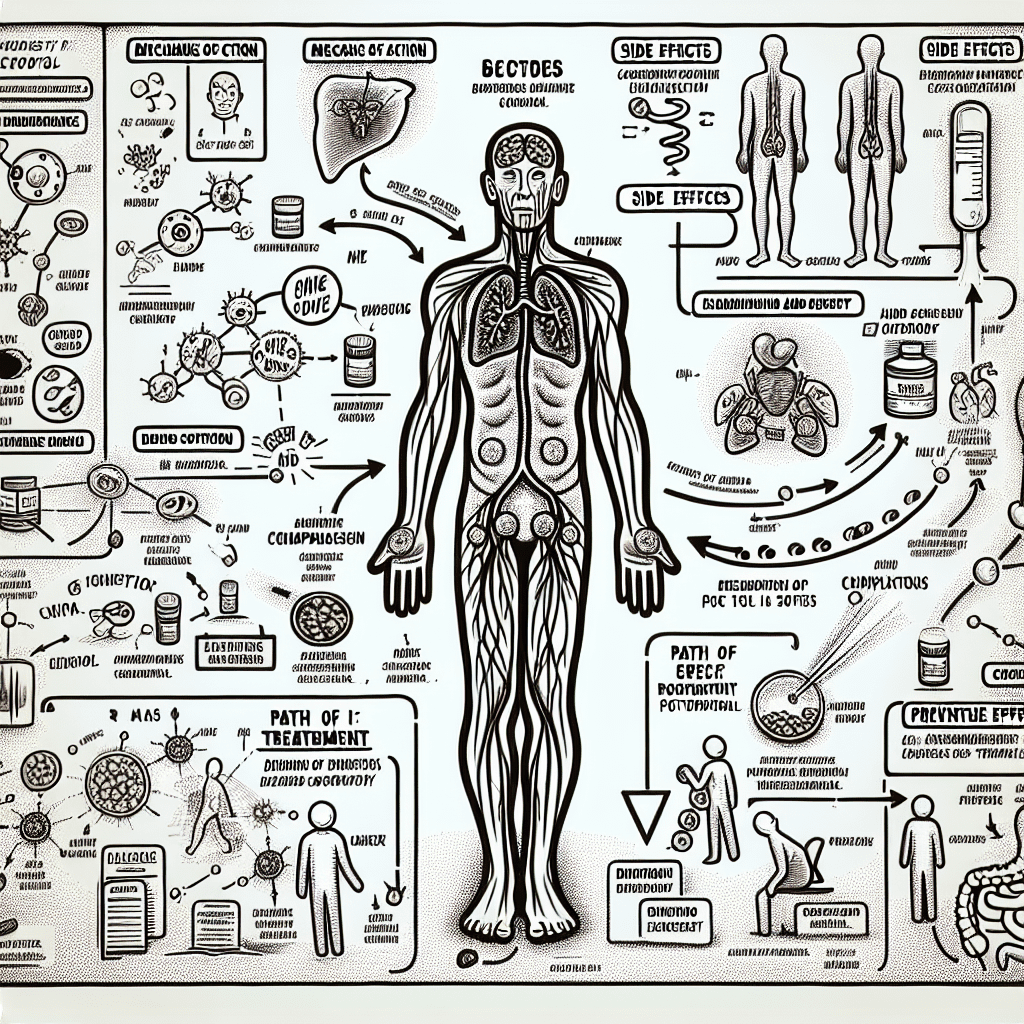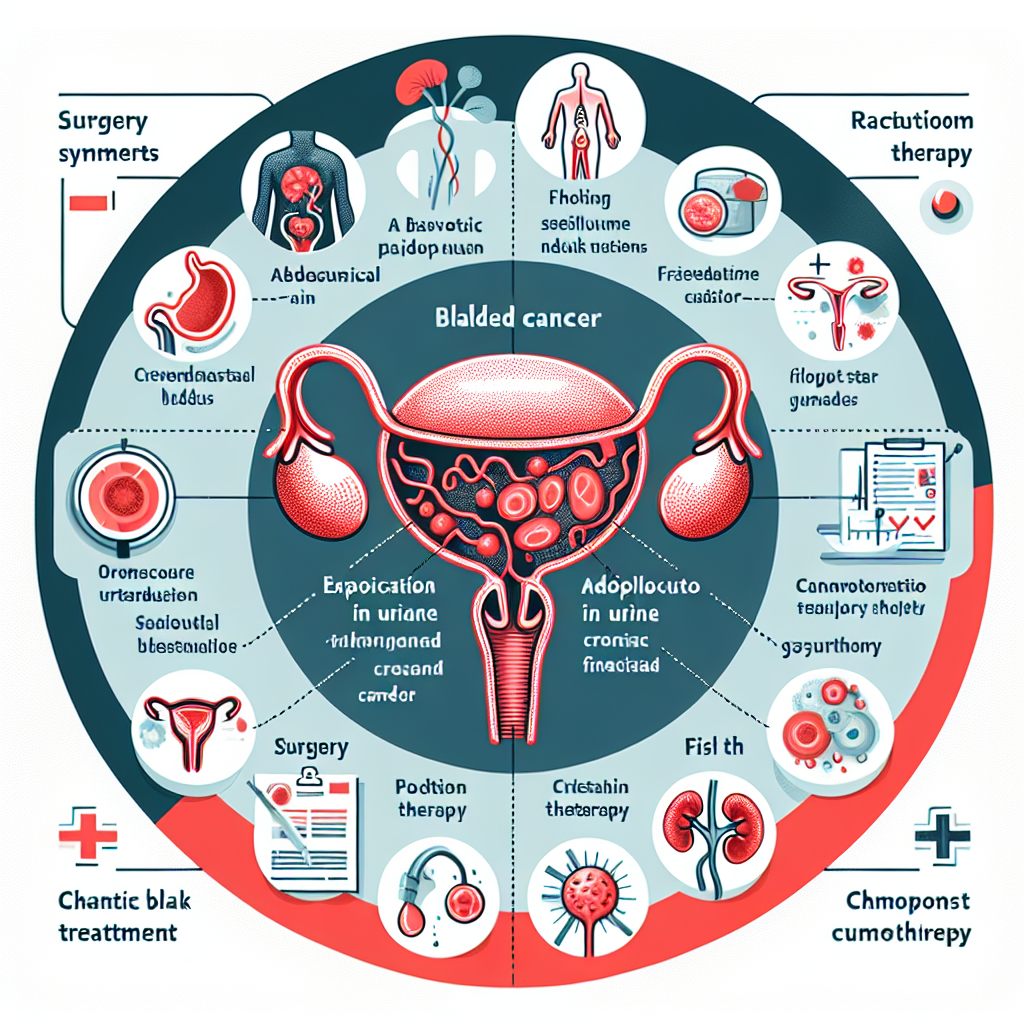===
Navigating the complexities of cancer care can often feel overwhelming, both for patients and healthcare professionals. The BC Cancer Protocol serves as a beacon of clarity in this challenging landscape, providing a standardized framework that optimizes patient outcomes. This comprehensive overview delves into the intricacies of the BC Cancer Protocol, illuminating how this approach can transform cancer treatment and management. By understanding the protocol’s framework and key components, healthcare providers can significantly enhance their therapeutic strategies, ensuring that every patient receives tailored, high-quality care.
An In-Depth Look at the BC Cancer Protocol Framework
The BC Cancer Protocol is a meticulously designed framework aimed at unifying cancer care across British Columbia. It combines evidence-based practices with clinical expertise to create a robust foundation for treatment planning. Leveraging the latest research and clinical trials, the protocol provides guidelines that not only standardize procedures but also ensure they are adaptable to individual patient needs. This flexibility is crucial, as it addresses the highly personalized nature of cancer treatment, allowing for adjustments based on real-time patient feedback and evolving clinical scenarios.
At the heart of the BC Cancer Protocol is a commitment to collaboration among multidisciplinary teams. This approach fosters communication between oncologists, nurses, pharmacists, and allied health professionals, creating a cohesive support system for patients. Regular case reviews and consultations ensure that treatment plans are continuously optimized, guided by the most recent advancements in oncological research. This method of collaborative care not only enhances the quality of treatment but also empowers patients, offering them a greater sense of involvement in their healthcare journey.
Furthermore, the framework emphasizes the importance of patient-centered care, advocating for protocols that prioritize the physical, emotional, and psychological wellbeing of patients. By integrating supportive care services—such as counseling, nutrition guidance, and palliative care—into the treatment continuum, the BC Cancer Protocol addresses the holistic needs of patients. This comprehensive approach not only fosters better health outcomes but also helps alleviate common anxieties associated with cancer diagnosis and treatment.
Key Components and Implementation in Cancer Care Settings
The key components of the BC Cancer Protocol encompass an array of clinical guidelines, treatment pathways, and supportive care measures tailored for various cancer types. These components are meticulously structured to allow for seamless implementation within diverse cancer care settings, from urban hospitals to rural clinics. One of the standout features of the protocol is its emphasis on evidence-based treatment pathways, which help guide healthcare providers in selecting the most effective interventions while minimizing unnecessary procedures.
A critical element in the implementation of the BC Cancer Protocol is the use of clinical decision support tools. These tools aid healthcare professionals in navigating the intricate landscape of cancer treatments by providing real-time data and recommendations based on the latest research. By integrating these advanced technologies into their workflows, providers can make informed decisions that align with best practices while adapting to specific patient circumstances. This connection between data-driven insights and patient care exemplifies a forward-thinking approach to oncology.
Moreover, training and education play a pivotal role in embedding the BC Cancer Protocol within healthcare systems. Continuous professional development initiatives ensure that healthcare providers are well-versed in the latest protocol updates, fostering a culture of learning and improvement. Workshops, seminars, and online resources equip providers with the knowledge and skills necessary to implement best practices effectively. As a result, not only do these initiatives enhance patient care, but they also cultivate a more informed and engaged workforce, ultimately leading to improved healthcare delivery across the board.
===
In conclusion, the BC Cancer Protocol represents a transformative approach to cancer care, blending evidence-based practices with a patient-centered focus. By understanding its framework and key components, healthcare providers can elevate their treatment strategies, fostering better outcomes for patients facing the challenges of cancer. As the landscape of oncology continues to evolve, embracing such comprehensive protocols will be crucial in ensuring that every individual receives the highest standard of care possible. For healthcare professionals seeking to enhance their practice, engaging with the BC Cancer Protocol is not just beneficial—it’s essential for remaining at the forefront of cancer care excellence. Explore further into this profound approach and consider how it can be integrated into your practice for a brighter future in oncology.
Exploring the Impact of 40,000 Daily Steps on Weight LossEffective Yoga Poses for Optimal Weight Loss and WellnessComprehensive Reviews of Happy Mammoth Weight Loss ProgramRelevant LinkRelevant LinkRelevant Link




